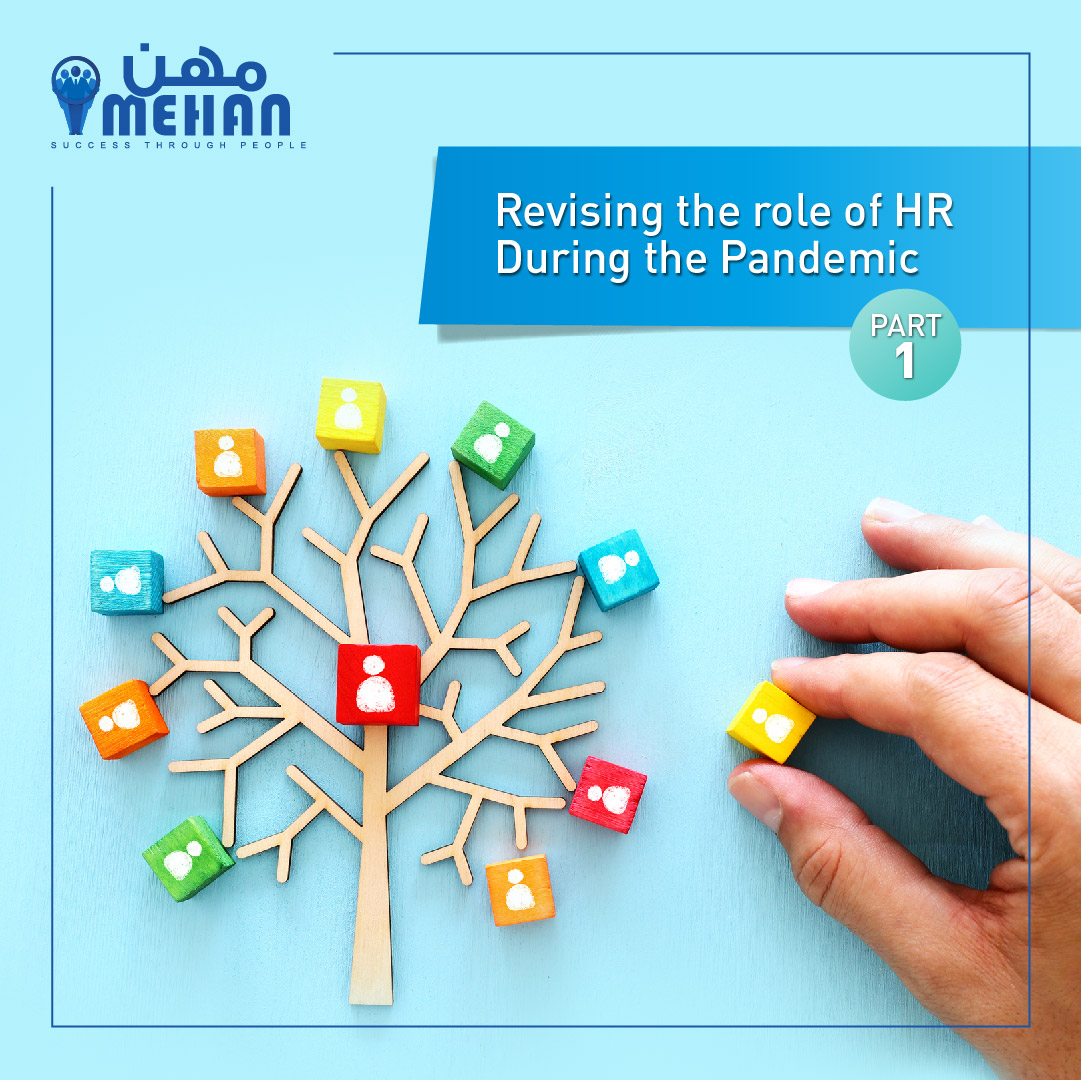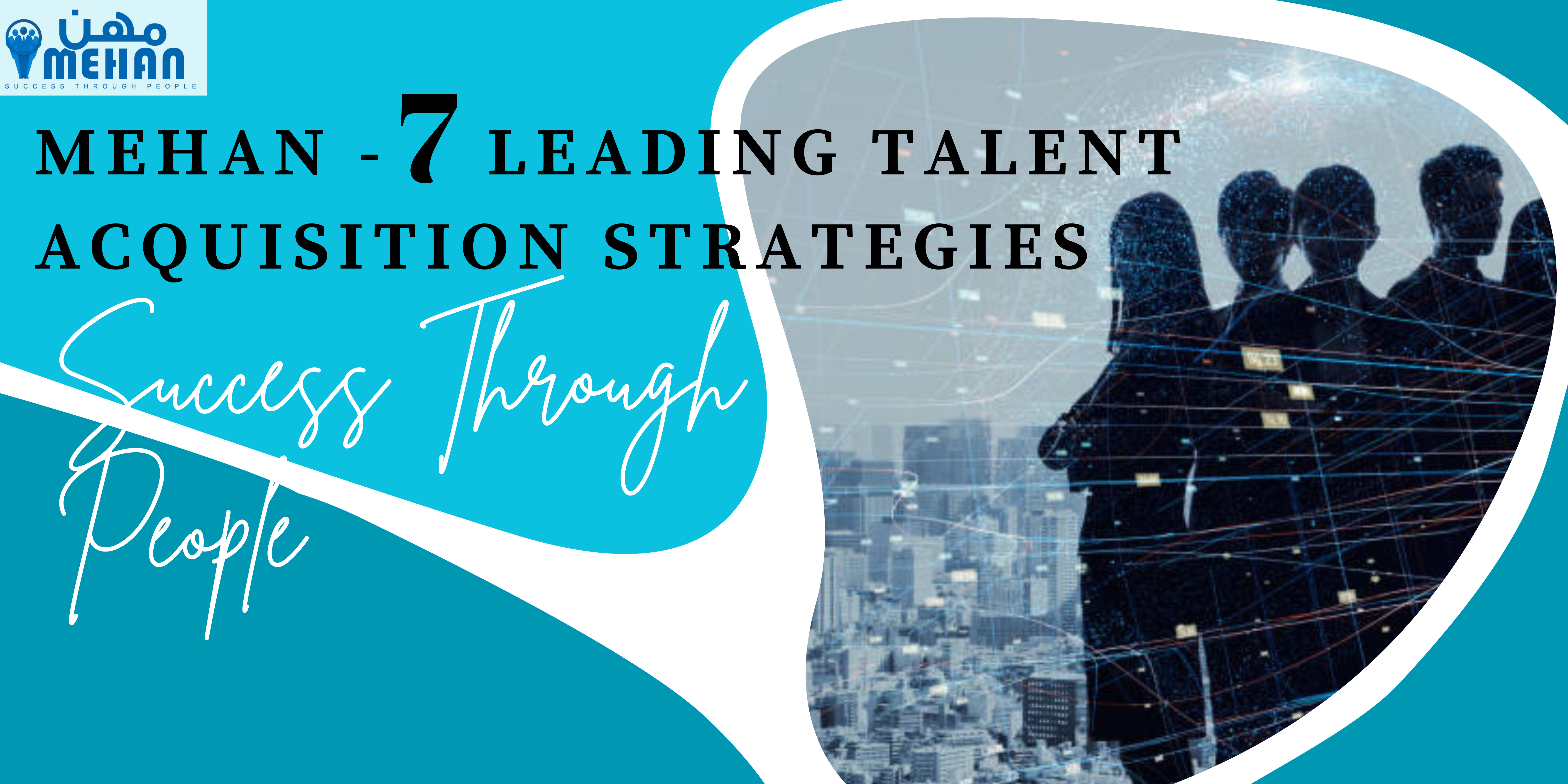
The disruptions in all facets of life and business by the coronavirus pandemic are undoubtedly unprecedented. The HR department is the major catalyst in supporting the changes in the workplace. It manages the life cycle of the employees: recruiting, hiring, onboarding, training, and separation. They have had to deal with a continuous blitzkrieg of challenges for the employees. Despite the disturbances, 60% of companies have hired at least 1 new employee since March 2020. Nevertheless, HR’s role lies beyond the above-mentioned functions. At its core, HR’s main objective is to support an organization’s employees. As businesses continue to adapt to the new normal, existing employees will need more support than ever before. First and foremost, they must rethink, reimagine and reconsider how they nurture and develop talent, service delivery and gain organizational strength through a progressive HR strategy.
The issues faced by HR are complex, with regards to the business environment in the pandemic, namely employee support, leadership development, pay and benefits and shifts and strategic partnerships across the organization, etc. But here are some strategies HR can adapt to creatively lead and drive changes in the organization.
Reimagining the Organization
Systemic Thinking: To survive the present-day situation, companies must be able to move with speed and agility. HR is probably the best position to influence and oversee overall processes and offer a systemic or bird’s eye viewpoint and ensure coordination, communication, and collaboration across units, functions, and business groups. They can facilitate the dialogues between stakeholders to aid the right amount of reinvention, re-proportioning, and re-prioritizing of business goals.
Company Culture: Organization Culture is a critical aspect that is under the influence of HR. With the adaptation of the Hybrid workforce, culture is the context in which decisions, choices, and actions interact. Hence, it is important to manage it intentionally. While creating the work environment, it is important to be mindful of the culture, be it at the office or the home office. Employers need to be considerate of how the organizational culture is affecting their teams or departments. HR is conveniently placed to conduct regular culture assessments to find gaps in the current culture and desired culture and bridge them. They can help prioritize target areas and how to sustain a positive work culture.
Leadership: There is no quarter for mediocre leadership during difficult times. Brilliant leadership is what differentiates great companies from good companies. Brilliant Leadership sees an opportunity for change and growth where others see challenges and hurdles. HR has a key role in spotting and developing such talents, ensuring their success, and holding them accountable. HR can and possesses the responsibility to create innovative practices that maintain focus and create connectivity and ensure continuity between a team leader and a team member. Leaders of this era require a new and enhanced set of skills to manage team members without seeing them physically, motivating them towards a unified goal in the middle of uncertainty, inspire clarity, and building a community.
Talent Management
Talent Strategy: Another aspect on which an organization’s success is dependent is having the right talent in the right roles and at the right time. A recent study of 600 executives from 20 different industries found that when the right talents align with the business strategies, they are more likely to retain top talent and achieve superior performance. Managing talent during this pandemic requires companies to unlearn and re-learn various priorities. Some parts of the organization will be revamping. This dynamic requires strategic redeployment, flexibility, reskilling, and tapping into the freelance economy with speed and effectiveness. Every company is effectively a start-up in some ways as they wade through uncharted territories. And start-ups require people who can be inventive, problem-solving, and experiment with methods, in other words, people who are flexible and agile. So, the employee value equation is changing and HR, again, is best positioned to create robust strategies to brand the employer in a positive light to attract talent.
Social Capital: Social Capital is the goodwill, feeling of belonging, connections and shared understanding that helps and motivates us to work together effectively. Individuals need this emotional fulfilment and camaraderie to rally around a cause. HR can establish mentorship and affiliation programs, developing teams and ensuring thorough onboarding.
Engagement: Engagement is the hardest to ensure when people are telecommuting. But managaing fully remote or a hybrid workforce will be the norm even after the end of the pandemic. HR is in assertive position to recommend best practices for engagement. They can also listen to how well the teams are engaged by conducting quick surveys and developing feedback loops that will aid the leaders in understanding where and when to double-up on checking in, motivating and keeping people in line.
Diversity, Equity and Inclusion: The pandemic has disproportionately affected diverse populations and HR has a role here as well—ensuring diversity, equity and inclusion. This includes creating a systemic awareness across the organization in understanding the realities of diverse experiences and creating a level playing field. HR has to ensure that voices from all diverse situations is heard and brought into the decision-making process. This is called equity.
(Will be continued in the next blog)




